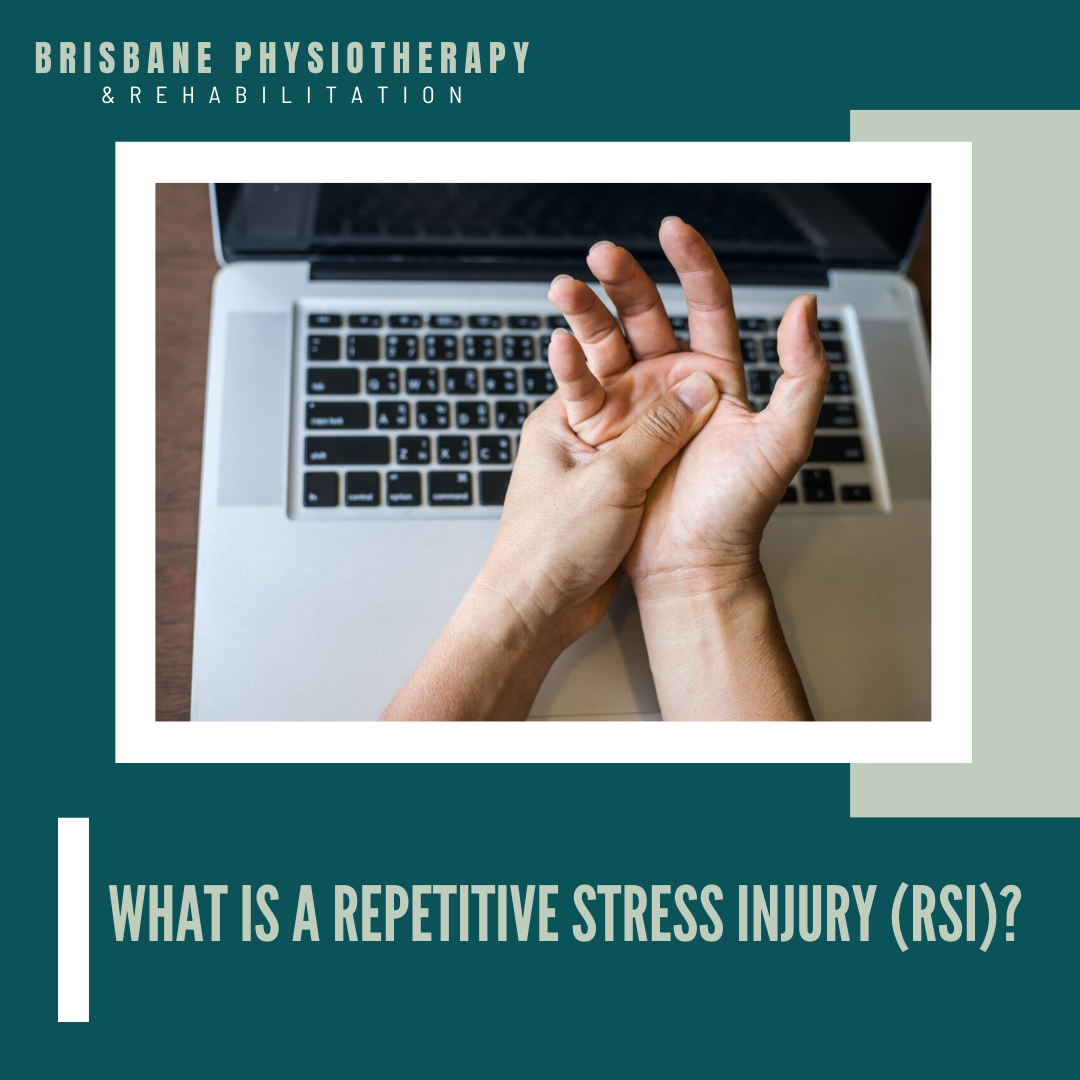What is a Repetitive Stress Injury (RSI)?
Repetitive stress injuries (RSIs), also known as repetitive strain injuries, are a group of conditions that result from the repetitive use or overuse of a particular part of the body. These injuries often affect the muscles, tendons, ligaments, and other soft tissues. The mechanism of injury involves repetitive motion, forceful exertions, awkward postures, or vibrations, which can lead to strain and damage over time.
Commonly affected areas include:
Wrist and Hand: Carpal Tunnel Syndrome is a well-known RSI affecting the wrist due to repetitive hand and wrist movements.
Elbow: Tennis Elbow (lateral epicondylitis) and Golfer's Elbow (medial epicondylitis) are RSIs affecting the elbow due to repetitive gripping and wrist movements.
Shoulder: Overhead activities, such as painting or lifting, can lead to RSIs like Rotator Cuff Tendinitis.
Neck and Upper Back: Poor posture and repetitive neck movements can result in RSIs like cervical radiculopathy.
Lower Back: Repetitive lifting or bending can lead to lower back RSIs such as lumbar strain.
Signs and symptoms of RSIs may include:
Pain or tenderness in the affected area.
Stiffness or reduced range of motion.
Weakness or fatigue in the affected muscles.
Tingling or numbness.
Swelling or inflammation.
Physiotherapy is a common treatment approach for RSIs and may include:
Rest and Modification of Activities: Giving the affected area time to heal by avoiding or modifying activities that cause strain.
Stretching and Strengthening Exercises: Physiotherapists may prescribe specific exercises to improve flexibility and strengthen the affected muscles.
Ergonomic Assessment: Evaluating and modifying the workspace to reduce strain and improve posture.
Joint Mobilization and Soft Tissue Techniques: Hands-on techniques to improve joint mobility and reduce muscle tension.
Heat and Cold Therapy: Applying heat or cold packs to alleviate pain and reduce inflammation.
Ultrasound and Electrical Stimulation: These modalities may be used to promote healing and reduce pain.
Bracing or Splinting: Using supportive devices to stabilize and protect the affected area.
It's crucial to seek professional advice for an accurate diagnosis and personalized treatment plan based on the specific type and severity of the RSI. Early intervention and proper management can help prevent the progression of RSIs and promote recovery.
